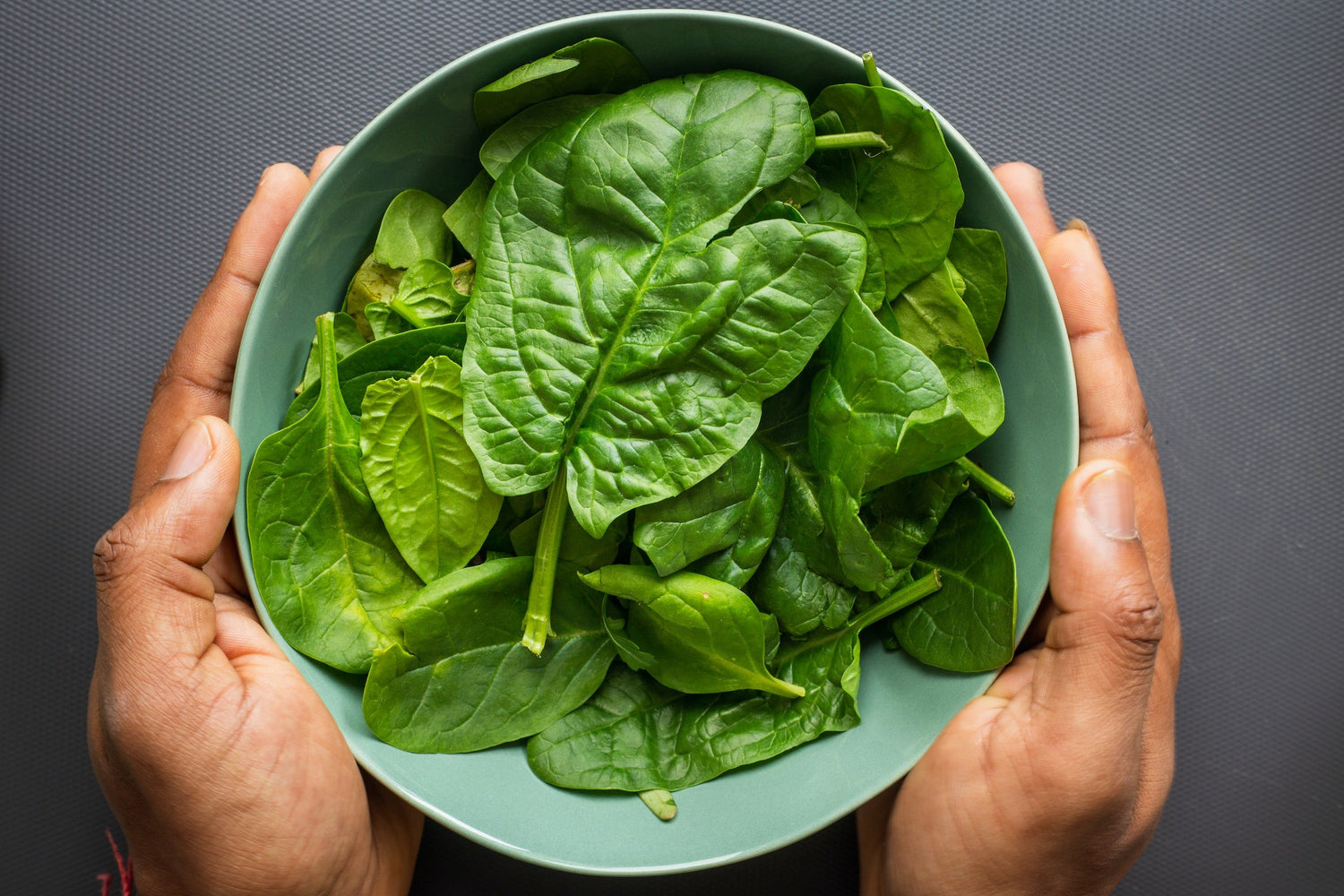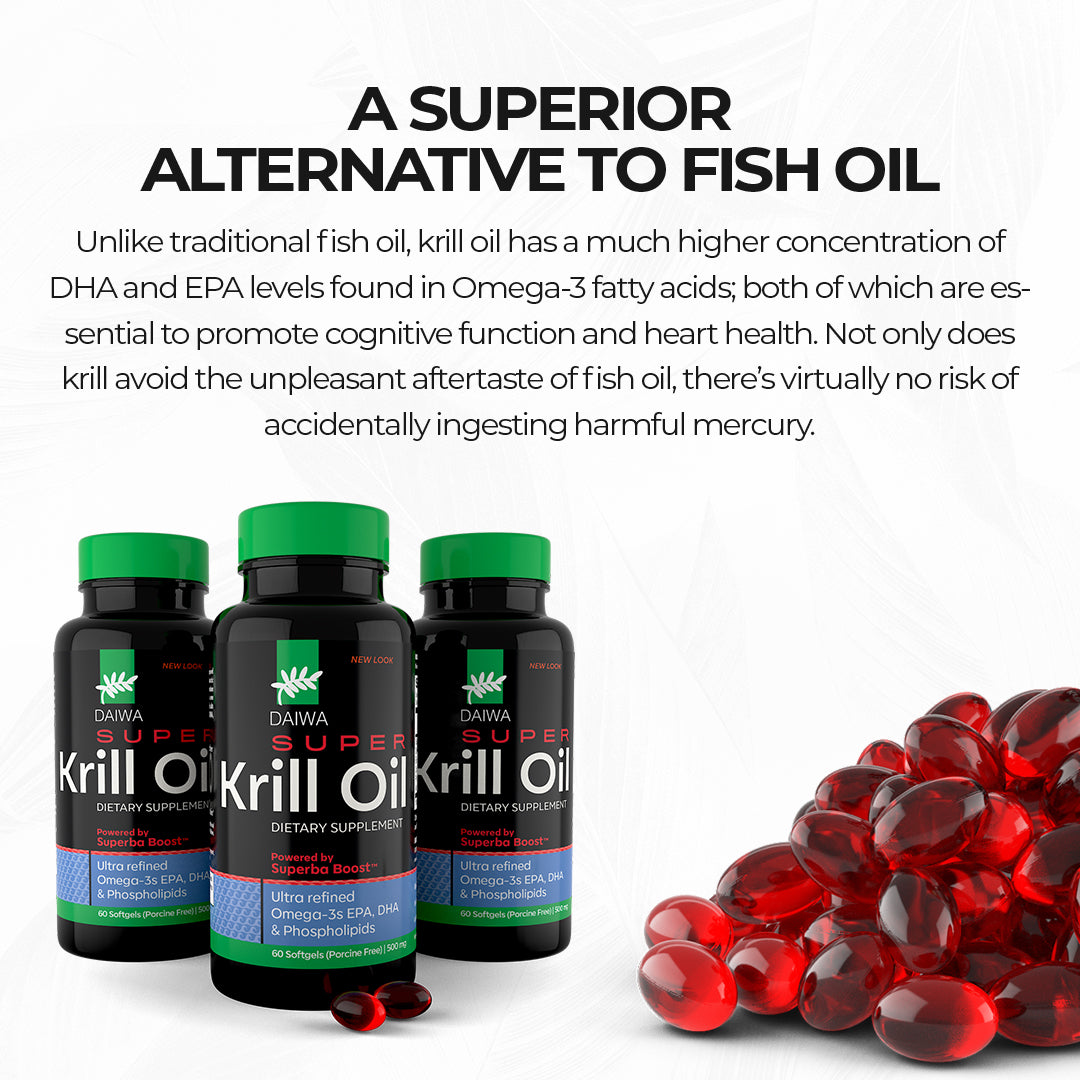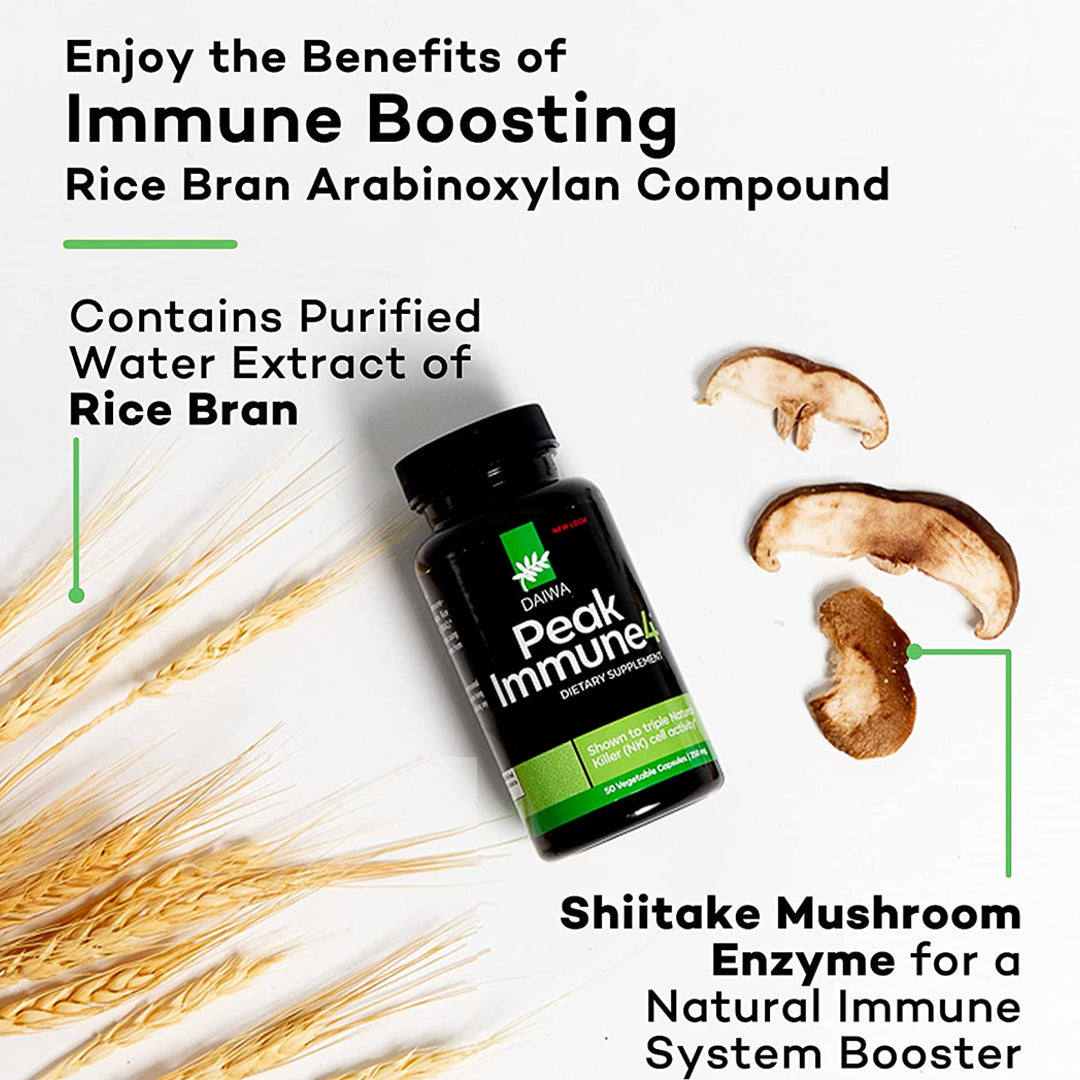At Daiwa Health Development, we view nutrition not as a quick fix but as a foundation for long-term vitality. Among all dietary choices, few have as profound an impact on wellness as dietary fiber.
The composition of the human diet, especially its fiber content, plays a crucial role in shaping gut health and overall wellness.
From supporting digestive health to balancing blood sugar control, the benefits of a high fiber diet on gut health reach every system in the body. Yet, despite decades of research, most people still consume less than half of the recommended dietary reference intakes for fiber.
Understanding why fiber matters—how it fuels your gut microbiota, stabilizes blood glucose levels, and protects against chronic maladies—is the first step toward restoring balance and building resilience from within.
What Is Dietary Fiber?
Dietary fiber refers to the indigestible parts of plant foods—such as vegetables, fruits, legumes, and whole grains—that move through the digestive system mostly intact. Dietary fiber consists mainly of carbohydrate polymers that resist digestion by human enzymes. Unlike carbohydrates or fats, fiber isn’t broken down for energy; instead, it serves as nourishment for the beneficial microbes in the human gut microbiota.
There are two main types of fiber, each with unique health benefits:
- Soluble fiber dissolves in water to form a gel-like substance that slows digestion, lowers blood sugar, and helps manage cholesterol.
- Insoluble fiber adds bulk to stool, helping prevent constipation and maintain regular bowel movements.
Dietary fibres, including resistant starch and nonstarch non starch polysaccharides, play important roles in gut health.
A high fiber diet that includes foods rich in dietary fiber —such as vegetables, fruits, legumes, and whole grains—supports optimal digestive health, gut microbiome diversity, and helps prevent chronic medical maladies.
How Fiber Supports Gut Health
1. Nourishing the Gut Microbiota
The human gut hosts trillions of microbes collectively known as the gut microbiota. These gut microbes play vital roles in digestion, immunity, and metabolism. When you consume high fiber foods, these fibers reach the colon largely undigested, where they undergo fiber fermentation by bacteria.
This process produces short chain fatty acids (SCFAs) such as butyrate, propionate, and acetate—key molecules that:
- Strengthen the intestinal lining and support intestinal barrier function
-
RegulateManage inflammation in the gastrointestinal tract - Support immune system activity
- Enhance host metabolic homeostasis
In contrast, a low fiber diet starves these beneficial bacteria, leading to reduced SCFA production and compromised gut integrity—a common contributor to leaky gut, inflammation, and metabolic imbalances.
2. Promoting Regularity and Digestive Comfort
Adequate fiber intake ensures smooth movement through the digestive system. Insoluble fiber absorbs water and adds bulk to stool, reducing constipation and improving transit time.
Meanwhile, soluble fiber helps soften stool, making it easier to pass—an essential benefit for individuals managing irritable bowel syndrome (IBS) or inflammatory bowel disease (IBD).
Balanced fiber intake can also alleviate symptoms like bloating, discomfort, and irregularity associated with a low fiber diet.
3. Feeding the Gut-Brain Axis
Your gut microbiome communicates directly with the brain through the gut-brain axis. SCFAs produced from dietary fiber fermentation influence mood, cognition, and emotional balance.
Emerging research suggests that individuals with a high fiber diet may experience fewer symptoms of anxiety or depression—an effect linked to healthier intestinal flora and reduced systemic inflammation.
Fiber and Gut Barrier Integrity
A strong gut barrier protects the human body from toxins and pathogens. SCFAs—especially butyrate—act as the primary fuel for colon cells, promoting repair and reducing managing inflammation.
When fiber intake is low, the body may begin breaking down its own mucus layer to feed bacteria, weakening the barrier and increasing intestinal permeability. This process is linked to ulcerative colitis, Crohn’s disease, and other inflammatory bowel issues.
A fiber rich diet supports the renewal of gut lining cells, improving digestive health and nutrient absorption.
The Role of Dietary Fiber in Metabolic Health
1. Blood Sugar Control
Soluble fiber slows carbohydrate absorption, leading to steady blood sugar and insulin levels. This reduced carbohydrate bioavailability helps prevent glucose spikes and supports long-term blood sugar control—a major factor in managing type 2 diabetes and maintaining healthy adults’ energy balance.
Studies confirm that consistent high fiber intake improves blood glucose levels and insulin sensitivity, even among those with metabolic syndrome.
2. Cardiovascular Health
A high fiber diet has been associated with promoting heart health. By binding to bile acids, fiber helps remove excess cholesterol from the body, lowering LDL levels and maintaining healthy blood pressure.
This effect is especially pronounced when following a Mediterranean diet, which combines high fiber foods with antioxidants, omega-3s, and plant foods.
Fiber’s Protective Role in managing Inflammatory and Digestive Disorders
1. Irritable Bowel Syndrome (IBS) and Inflammatory Bowel Disease (IBD)
Individuals with irritable bowel syndrome or inflammatory bowel disease often benefit from adjusting fiber types. While insoluble fiber may worsen symptoms in acute flare-ups, soluble fiber (like psyllium) can improve stool consistency and reduce cramping.
2. Colorectal and Colon Cancer Disorders
Regular dietary fiber intake supports microbial fermentation, producing SCFAs that manage inflammation and tumor cell growth. Epidemiological data link high fiber diets to promoting colon health, with significant differences observed between low fiber and fiber rich diets.
3. Gastrointestinal Health and Immunity
The gut microbiota produces immune-modulating compounds in response to dietary fiber consumption. This immune enhancement strengthens the mucosal immune barrier and manages infection risk, underscoring fiber’s essential role in gastrointestinal health.
Dietary Guidelines: How Much Fiber Do You Need?
The Nutrition Board and dietary guidelines recommend:
- Women: 25 grams per day
- Men: 38 grams per day
However, most Americans consume less than 15 grams daily. Increasing dietary fiber intake gradually, along with hydration, supports adaptation and minimizes discomfort. Natural bacteria in the digestive system help your body adapt to higher fiber intake, reducing digestive discomfort. Environmental factors such as diet, exercise, and medication use also influence how the gut microbiota responds to changes in fiber intake.
If you’re wondering how much fiber you need to heal your gut, aim for at least 30 grams daily from whole foods—especially whole grains, legumes, and vegetables.
Best High-Fiber Foods for Gut Health
Adding foods rich in dietary fibre to your meals doesn’t require drastic change—just mindful substitutions.
Top High Fiber Foods:
- Whole grains (oats, quinoa, brown rice)
- Raw vegetables (broccoli, carrots, spinach)
- Fruits (apples, pears, berries)
- Legumes (beans, lentils, chickpeas)
- Nuts and seeds (chia, flaxseed, almonds)
Regularly consuming foods rich in dietary fiber supports gut health and overall well-being.
Fiber rich foods not only provide roughage but also deliver essential phytonutrients, vitamins, and minerals that promote human health and longevity.
Tips for Increasing Fiber Intake
Boosting your dietary fiber intake doesn’t have to be complicated—small, consistent changes can make a big difference for your digestive health, blood sugar balance, and weight management. Here are some simple strategies to help you get more fiber every day:
- Choose whole grains over refined grains: Swap out white bread, pasta, and rice for whole grain options like brown rice, quinoa, whole-wheat bread, and oats. Whole grains are naturally rich in dietary fiber and can help you feel fuller for longer.
- Add more fruits and vegetables: Aim to fill half your plate with a colorful variety of fruits and vegetables at each meal. Snack on raw vegetables or fresh fruit to increase your fiber intake while also getting essential vitamins and minerals.
- Incorporate legumes regularly: Beans, lentils, and peas are excellent sources of both fiber and plant-based protein. Add them to soups, salads, or main dishes for a fiber boost.
- Limit processed foods: Processed foods are often stripped of their natural fiber content. Focus on whole, minimally processed foods to maximize your dietary fiber consumption and to support better digestive health.
- Consider fiber supplements if needed: If you struggle to meet your daily fiber goals through food alone, fiber supplements can help bridge the gap. Always consult with a healthcare provider before starting any new supplement to ensure it’s right for your needs.
By making these adjustments, you can gradually increase your fiber intake, support healthy blood sugar levels, and promote long-term weight management—all while enjoying a more satisfying and nutritious diet.
The Importance of Fiber Supplements
While food sources are best, fiber supplements can fill the gap when dietary interventions alone fall short. Psyllium husk, inulin, and partially hydrolyzed guar gum are effective options for improving digestive health, reducing cholesterol, and enhancing satiety.
Clinical control group studies funded by organizations such as the National Natural Science Foundation demonstrate that consistent fiber interventions improve gut microbiota composition and digestive system function over time. Research involving fiber supplements and gut health is often conducted under the oversight of human nutrition ethics committees to ensure proper research ethics when human participants are involved.
The Connection Between Fiber and Weight Management
A high fiber diet promotes fullness by slowing digestion and balancing hormones that control appetite. Foods high in fiber typically contain fewer calories, supporting weight management and metabolic stability.
Increased fiber intake also boosts energy metabolism, helping maintain lean body mass and reduce cravings for processed foods.
Fiber’s Role in Managing Chronic Inflammation
Dietary fiber influences inflammatory pathways by altering microbial composition. SCFAs interact with G protein coupled receptors on immune cells, lowering cytokine release and improving systemic inflammation control.
This mechanism links fiber not only to digestive health but also to promoting heart health, maintaining healthy blood sugar levels and enhancing the immune system.
The Mediterranean Diet and Fiber Synergy
The Mediterranean diet remains the gold standard for health maintenance, combining high fiber foods, olive oil, and antioxidants for optimal gut health.
Its reliance on whole grains, legumes, and vegetables ensures abundant dietary fiber, while its healthy fats improve nutrient absorption. This diet demonstrates how long term dietary patterns shape the human gut microbiome and protect against age-related decline.
Low Fiber Diets and Their Consequences
A low fiber diet disrupts microbial balance, reducing beneficial SCFAs and increasing gut permeability. Over time, this imbalance may cause irregularity, inflammation, and nutrient deficiencies.
Populations consuming low fiber or processed foods show higher rates of cardiovascular disorders underscoring the importance of restoring high fiber intake across the lifespan.
Fiber and the Immune System
SCFAs produced by fiber fermentation strengthen the immune barrier and help regulate white blood cell activity. Balanced gut microbiota enhances resistance to infection harmful antigens and reduces allergic responses.
This link between fiber and the immune system demonstrates how nutrition supports resilience beyond digestion—protecting the entire human body.
Fiber and Blood Sugar Balance
Beyond maintaining healthy cholesterol, fiber’s ability to improve blood sugar levels is key to metabolic health. Soluble fiber slows glucose absorption, stabilizing blood glucose levels and preventing energy crashes.
Regular fiber intake reduces insulin spikes and supports healthy weight over time—especially when combined with physical activity and hydration.
How Fiber Helps Heal a Leaky Gut
When the intestinal lining becomes compromised—a condition often described as “leaky gut”—toxins and invading pathogens can enter the bloodstream, triggering inflammatory responses.
Short chain fatty acids from fiber act as fuel for intestinal cells, helping seal gaps and restore barrier integrity. By fostering microbial diversity, a high fiber diet strengthens the gut wall and manages systemic inflammation associated with fatigue and other chronic disorders.
The Science Behind Fiber and Gut Microbes
Microbes use carbohydrate active enzymes to break down fibers the body can’t digest. This symbiotic relationship allows bacteria to thrive while producing metabolites beneficial to humans.
Comparative control group research shows that fiber interventions significantly increase beneficial bacterial strains like Bifidobacteria and Lactobacillus, which play crucial roles in maintaining intestinal barrier function and preventing gastrointestinal tract disorders.
Limitations and Strengths of the Current Evidence
The relationship between dietary fiber and human health is supported by a substantial body of research, but it’s important to recognize both the strengths and limitations of the current evidence.
Strengths:Numerous studies consistently show that high fiber diets are linked to improved digestive health, better blood sugar control, and a lower risk of chronic medical maladies such as cardiovascular and immune disorders. The positive impact of dietary fiber on the gut microbiome and overall metabolic health is well-documented, making fiber a cornerstone of dietary recommendations for health maintenance.
Limitations: Despite these strong associations, much of the research is observational, meaning it can show correlations but not direct causation. Additionally, studies often use different types and sources of dietary fiber, making it challenging to pinpoint which fibers are most beneficial or the optimal amounts for specific health outcomes. Variability in study design and population also adds complexity to interpreting results.
Future Research Directions: To understand how dietary fiber influences human health better, more randomized controlled trials are needed. Future research should focus on the effects of specific types and amounts of fiber, as well as how dietary fiber shapes the gut microbiome and, in turn, impacts digestive health, blood sugar regulation, and the prevention of chronic health issues.
By staying informed about the evolving science, you can make evidence-based choices to support your health with a high fiber diet.
Daiwa Health Development: Supporting Gut Health Through Nature and Science
At Daiwa Health Development, we integrate nutritional science and biotechnology to create natural products that complement dietary interventions. Our mission is to enhance digestive health, strengthen the immune system, and promote human health through evidence-based innovation.
Whether through targeted fiber supplements or formulations that support microbial diversity, our approach reflects a deep respect for how the human gut microbiota shapes well-being.
References and Further Reading
For a deeper dive into dietary fiber, its health benefits, and practical ways to increase your intake, explore these trusted resources:
Anderson JW, et al. (2009). Health benefits of dietary fiber. Nutrition Reviews, 67(4), 188-205.A comprehensive review of the role of dietary fiber in promoting digestive health and reducing the risk of chronic diseases.
Institute of Medicine. (2002). Dietary Reference Intakes for Energy, Carbohydrate, Fiber, Fat, Fatty Acids, Cholesterol, Protein, and Amino Acids. National Academies Press.Authoritative guidelines on dietary reference intakes, including recommendations for more fiber in the diet.
Slavin JL, Lloyd B. (2012). Health benefits of fruits and vegetables. Advances in Nutrition, 3(4), 506-516.An overview of how fruits and vegetables contribute to dietary fiber intake and overall health.
Dietary Guidelines for Americans 2020. U.S. Department of Agriculture.The latest dietary guidelines, offering practical advice on increasing dietary fiber and meeting daily nutrition goals.
These resources provide valuable insights into dietary fiber, dietary guidelines, and strategies for incorporating more fiber into your daily routine.
Conclusion: Feed Your Gut, Fuel Your Health
The evidence is clear: a high fiber diet is essential for longevity, balance, and resilience. From producing short chain fatty acids to maintaining gut microbiota diversity and protecting the digestive system, fiber influences every level of health.
By focusing on whole grains, fruits, vegetables, and legumes—and supplementing when needed—you can manage inflammation, stabilize blood sugar, and support your immune system naturally.
The benefits of a high fiber diet on gut health go far beyond digestion. They shape your metabolism, protect against chronic medical disorders, and empower the body’s natural ability to heal.
At Daiwa Health Development, we’re dedicated to helping you build that foundation—one meal, one cell, and one fiber at a time.








Leave a comment
All comments are moderated before being published.
This site is protected by hCaptcha and the hCaptcha Privacy Policy and Terms of Service apply.